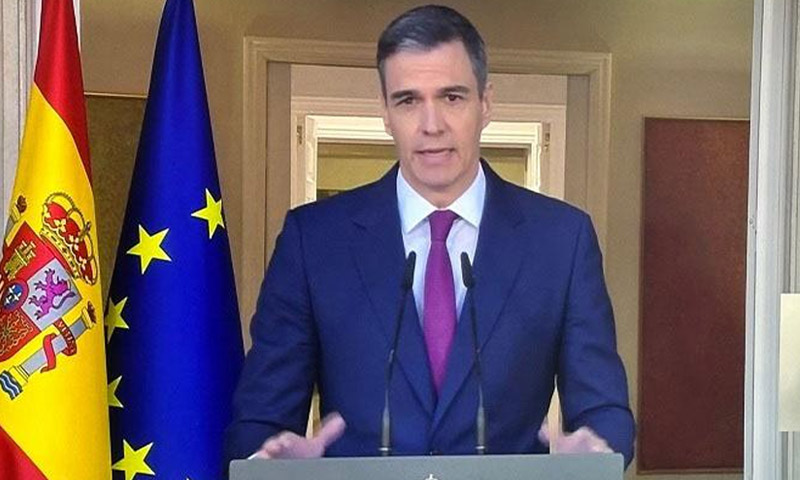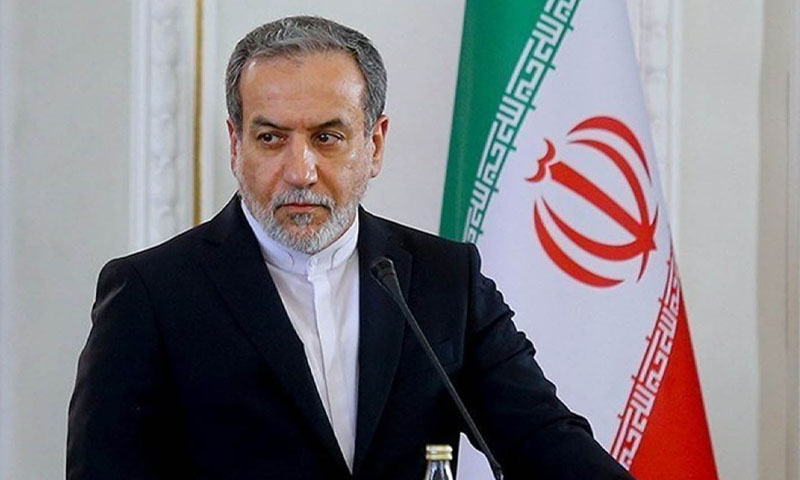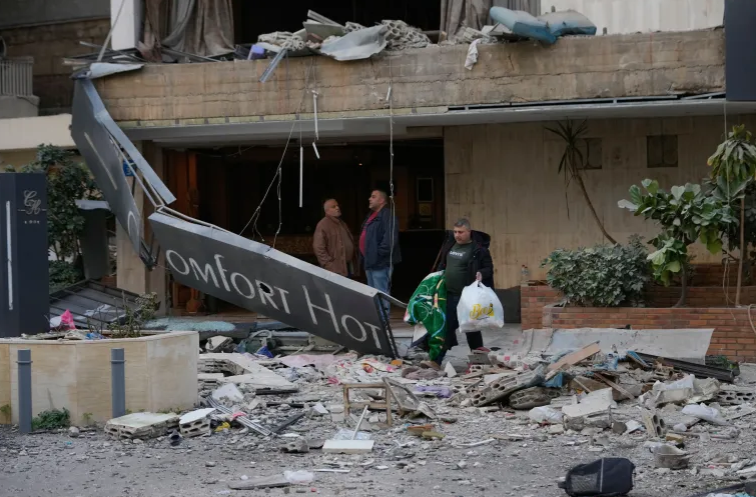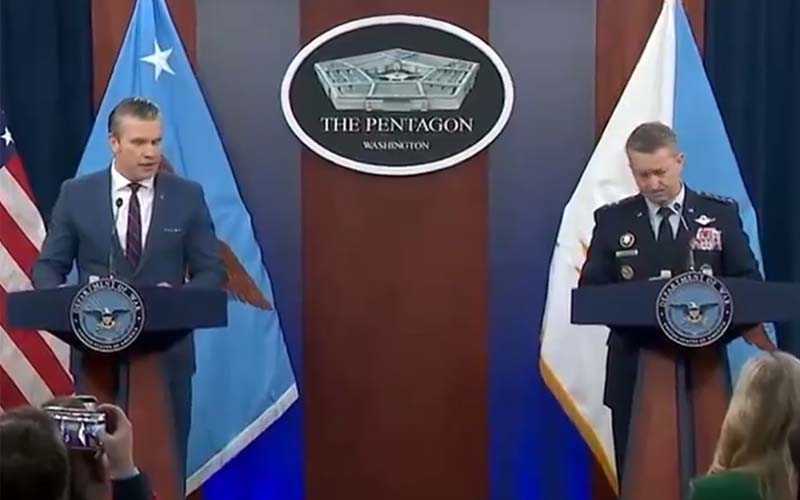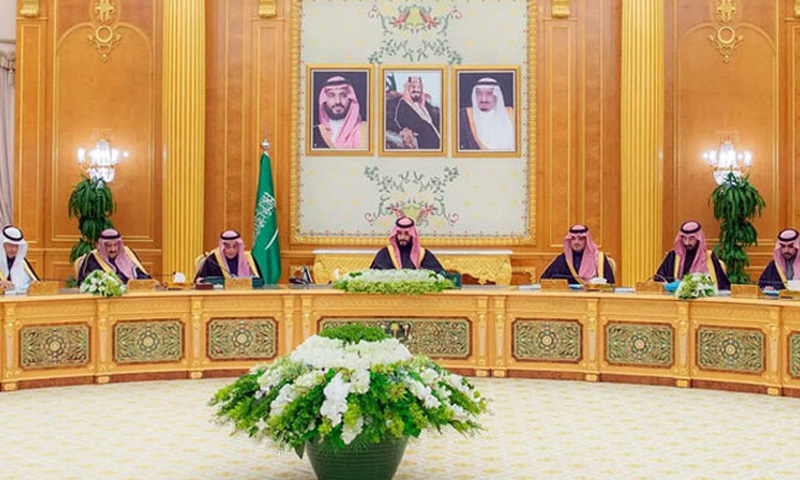WORLD NEWS
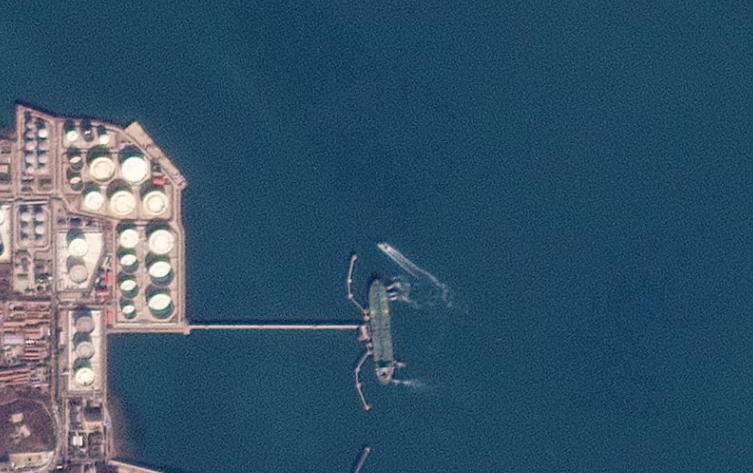
A small New Zealand-based insurer, Maritime Mutual, has become the focus of an international investigation over allegations it played a key role in enabling the trade of sanctioned Iranian and Russian oil, helping sustain the global “shadow fleet” that skirts Western sanctions.
According to an extensive Reuters investigation, Maritime Mutual — headquartered in Auckland and operated by 75-year-old Briton Paul Rankin and his family — has insured vessels that collectively moved tens of billions of dollars worth of crude oil from countries under Western embargo.
The insurer, which has covered everything from tugboats to cargo ships for over two decades, is now accused of providing essential coverage for tankers linked to Iran, Russia, and Venezuela, allowing them to access ports and conduct trade despite global restrictions.
Investigators in New Zealand, working alongside partners including Australia, the UK, and the United States, have begun probing whether Maritime Mutual enabled sanctions violations or failed to prevent money laundering and terror financing. The inquiry, which had not been publicly disclosed before, gained momentum after police raids on the company’s Auckland and Christchurch offices on October 16, during which officers seized documents and questioned three individuals.
While no criminal charges have yet been filed, the probe underscores growing international scrutiny of financial and maritime networks allegedly undermining sanctions on Moscow and Tehran.
Maritime Mutual has categorically denied any wrongdoing, insisting it operates under rigorous compliance standards and maintains a zero-tolerance policy on sanctions breaches. Following the raid, the company’s board resolved to withdraw coverage for any vessel identified by maritime intelligence sources as part of the “shadow fleet” or carrying Russian oil or petroleum products.
Reuters found that the company’s main business, the Maritime Mutual Insurance Association (MMIA), has insured nearly one in six shadow fleet tankers sanctioned by Western authorities. That makes it one of the “big power players” in the sanctions-evasion trade, according to David Tannenbaum, director of Blackstone Compliance Services and a former U.S. Treasury sanctions expert.
The firm’s coverage reportedly helped sustain a web of ships transporting oil from Iran, Russia, and Venezuela, many using false identities, altered documentation, and manipulated tracking data to evade detection. Maritime Mutual’s insurance — known as protection and indemnity (P&I) coverage — is essential for such tankers to access international ports.
“Without that, they’re dead in the water,” said Tannenbaum. “Even Iranian and Russian ports aren’t going to allow an uninsured vessel within their waters.”
The investigation into Maritime Mutual adds to Western efforts to tighten enforcement of sanctions designed to cut funding for Iran’s regional proxies and deplete Russia’s war chest amid its war in Ukraine.
Although the company denies any illegal conduct, the inquiry could have far-reaching implications for the global shipping insurance industry, which relies on reinsurance from major Western firms.
As the probe continues, Maritime Mutual faces mounting pressure to prove its compliance and distance itself from the shadow fleet—a hidden arm of the global oil trade that continues to defy Western economic restrictions.
